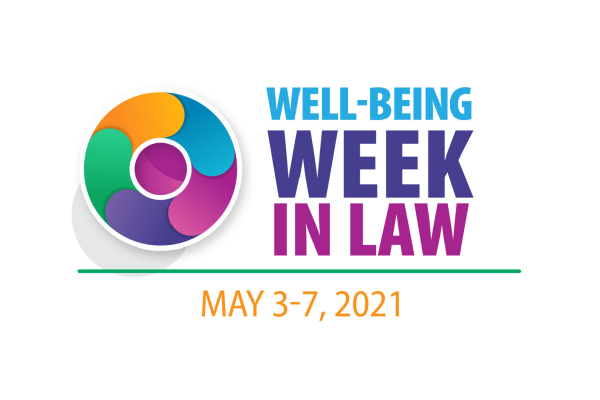We formed a working group in response to popular demand for fee agreement templates, and the Massachusetts Fee Agreement Best Practice Guide for Lawyers is now available for download!
In collaboration with the Massachusetts Bar Association and with input from the Massachusetts Office of Bar Counsel, we are happy to release the Massachusetts Fee Agreement Best Practice Guide for Lawyers.
The Massachusetts Rules of Professional Conduct require that “the scope of representation and the basis or rate of the fee and expenses for which the client will be responsible shall be communicated to the client in writing before or within a reasonable time after commencing the representation.” Mass. R. Prof. C. 1.5; see R. 1.5(b) (emphasis added). The writing requirement has limited exceptions.
While a fee agreement is necessary to satisfy your obligations to the local ethics rules, it is also a good way to set forth a strong foundation for the attorney-client relationship, to protect both client and attorney interests, and to help clarify questions pertaining to the engagement and thus avoid problems later on.
Get more Tools Lawyers Need to Win at Client Intake Experience here!
Our Mass LOMAP advisors receive numerous questions regarding drafting fee agreements, and the Board of Bar Overseers sees many poorly drafted fee agreements. This was the impetus for the creation of the Fee Agreement Working Group. With the help of Bar Counsel and volunteer attorneys from all around the commonwealth in a variety of practices, we prepared this Best Practice Guide with incorporation of the CNA Professional Counsel Lawyers’ Toolkit 4.0. The MBA Insurance Agency is the state administrator for CNA.
In this guide, you’ll find Massachusetts-specific checklists covering the essentials when drafting a fee agreement, as well as other helpful considerations, such as conflicts of interest; non-engagement and disengagement letters; termination, withdrawal, and dispute resolution letters and checklists; file retention and data security considerations; and best practices for attorney-client expectations and communications. In addition to our state-specific checklists, we have incorporated the “CNA Lawyers’ Toolkit 4.0: A Guide to Managing the Attorney-Client Relationship.” The CNA Lawyers’ Toolkit includes a variety of sample engagement agreements (contingent, hourly, flat, and practice area-specific), as well as additional engagement letter clauses, such as governing law, retainer, wire transfers and more. The toolkit also provides sample non-engagement and disengagement letters.
Thanks to attorney Christa Arcos, we have also provided a checklist on how to terminate and/or withdraw from representation and a checklist for how to handle conflicts of interest. Attorney Arcos also contributed sample conflict disclosures and waivers for conflict of interest purposes.
We sincerely hope that this guide and sample agreements will provide a helpful starting point for drafting and tailoring your own agreements, provide answers to your questions, enhance attorney-client relationships and increase the quality of fee agreements in the commonwealth. If you have additional questions regarding fee agreements, please reach out to us.
. . .
A version of this blog post was originally published in the Dec. 20, 2018 edition of the MBA eJournal as MBA and LCL | MassLOMAP Unveil New Massachusetts Fee Agreement Best Practice Guide.




